Events
Workshop on Translation Studies Explores Language, Culture, and Meaning
Presidency School of Liberal Arts & Sciences organised a workshop on Translation Studies as a prelude to Kannada Rajyotsava and the Celebration of Languages on October 17, 2025. The event featured enlightening sessions by eminent scholars and practitioners, exploring translation as a creative, intellectual, and ethical act.
The resource persons were Mr. Dadapeer Jyman, Kannada poet, writer & translator, and Dr. R. Shobha, Professor and Chairperson, Department of Sanskrit, and Director, School of Languages & Literature, Maharani Cluster University, Bengaluru.
Reflecting on his extensive work in translation Mr. Jyman explained how translation captures the soul of languages and how it democratises access to knowledge and challenges linguistic hierarchies. He explained the differences between translation, transliteration, and machine translation and illustrated how translation fosters social and cultural understanding. Mr. Dadapeer also discussed his ongoing projects, including the translation of Dilip Kumar’s works and his involvement in the Yali Workshop, which supports emerging translators.
The session was followed by an interaction with the attendees; he shared valuable advice for aspiring translators—begin with simple, meaningful texts and always ask, “Do I like the script?” and “Do I need to tell this story?”
Dr. Shobha’s session centred on the significance of Sanskrit literature and the ever-present act of translation in our daily lives. She explained that translation enables one to interpret, internalise, and communicate ideas across linguistic and cultural boundaries. Speaking through one’s native language, she noted, is itself a form of translation—bridging intellectual and emotional worlds.
Dr. Shobha also conducted interactive sessions involving translation exercises, word-association tasks, and comparisons between human and machine translations, sparking engaging discussions on meaning, accuracy, and cultural sensitivity.
Both the sessions were intellectually enriching experiences that deepened participants’ understanding of translation as a bridge between languages, cultures, and ideas, paving the way for the upcoming celebration of Kannada Rajyotsava and the Celebration of Languages.
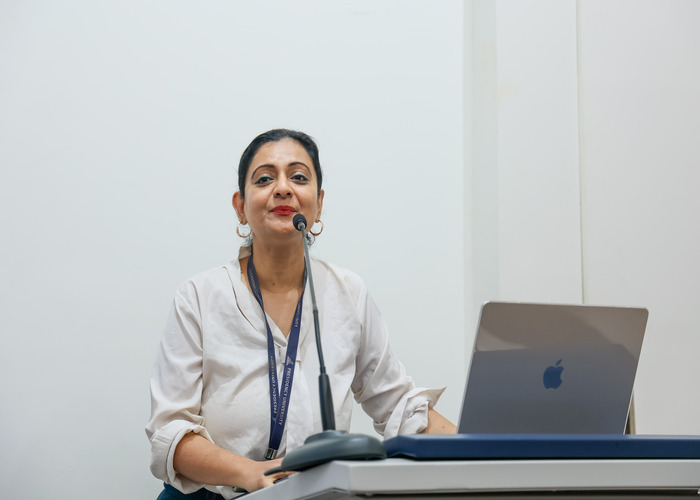
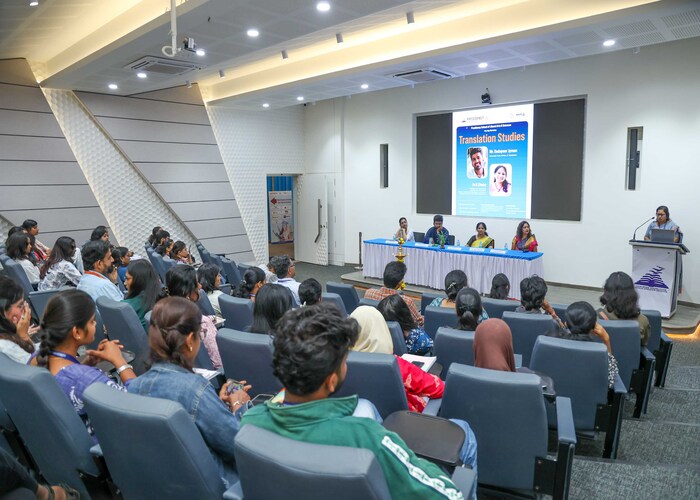
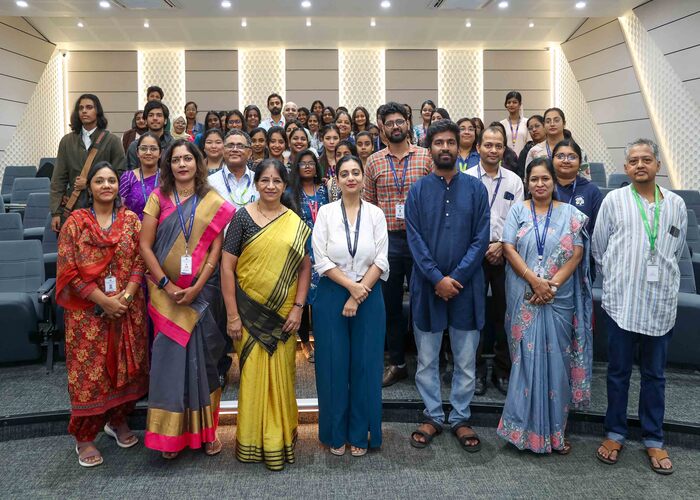
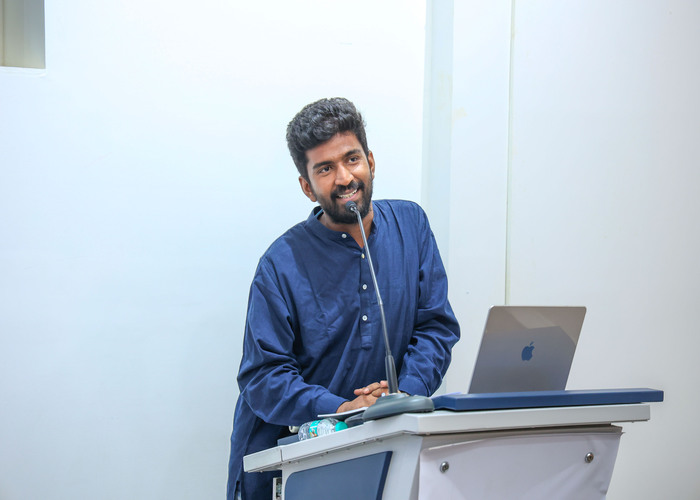
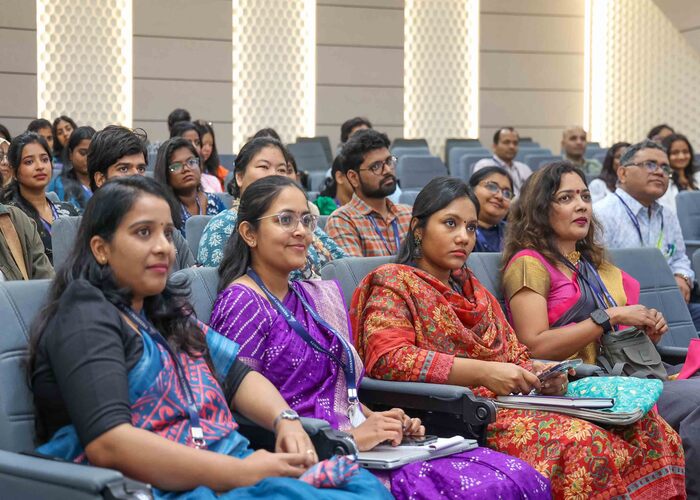
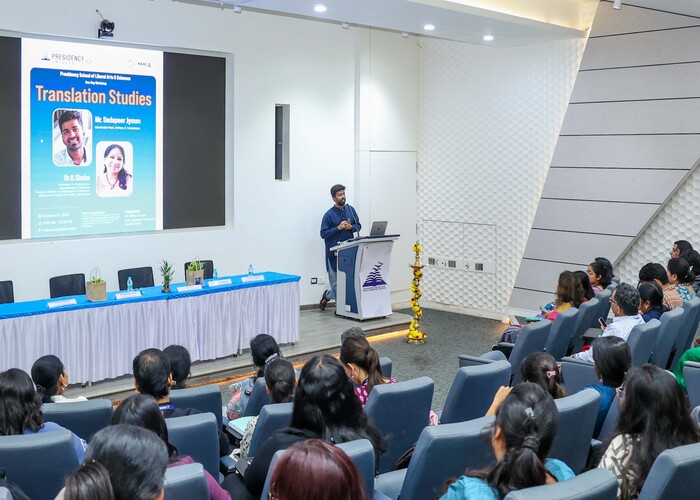
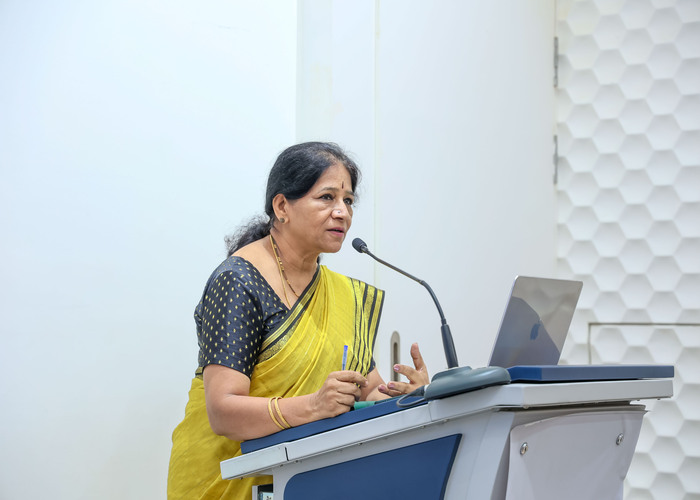
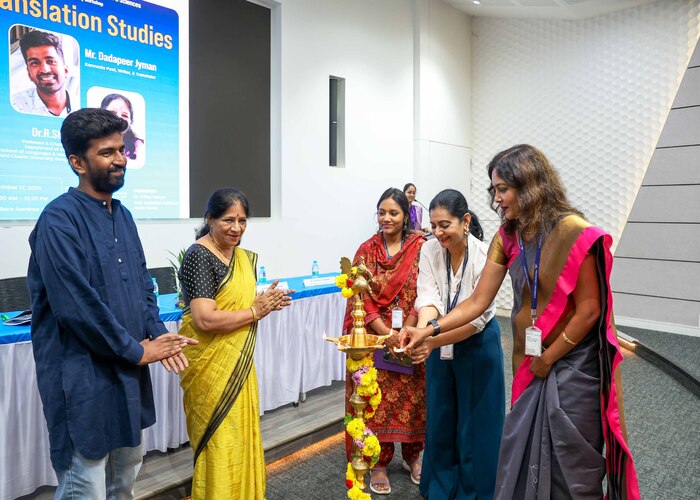












 Rajanukunte, Yelahanka, Bengaluru, Karnataka, Pin: 560119, India
Rajanukunte, Yelahanka, Bengaluru, Karnataka, Pin: 560119, India
 +91 9022092222
+91 9022092222